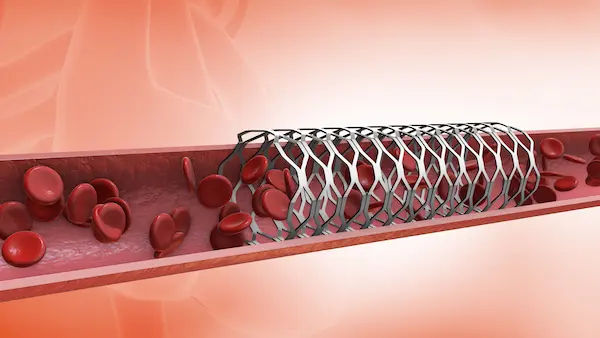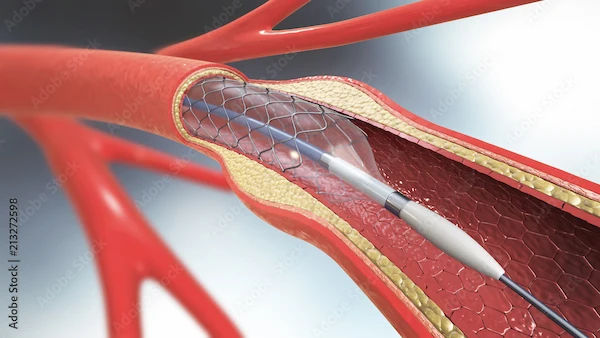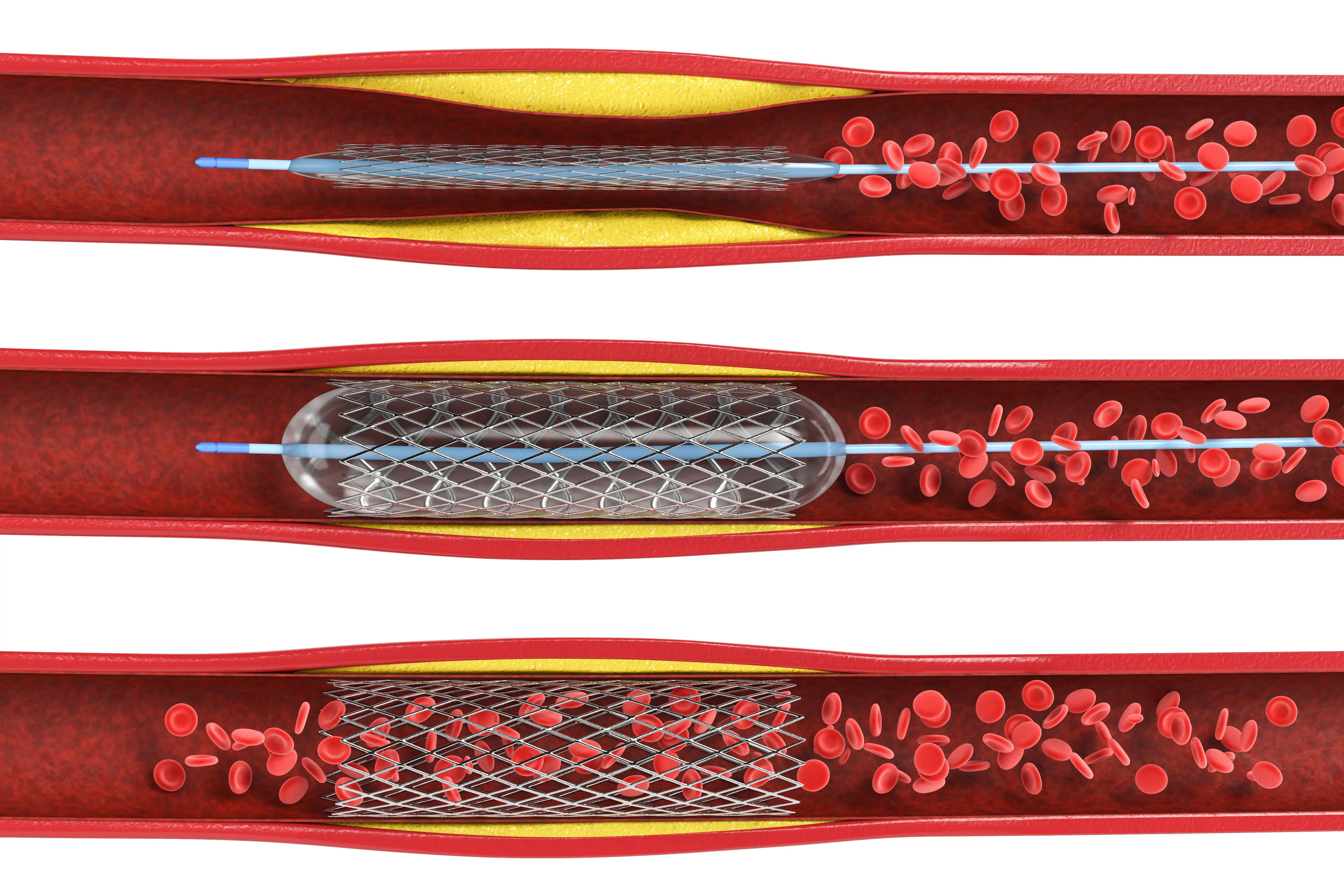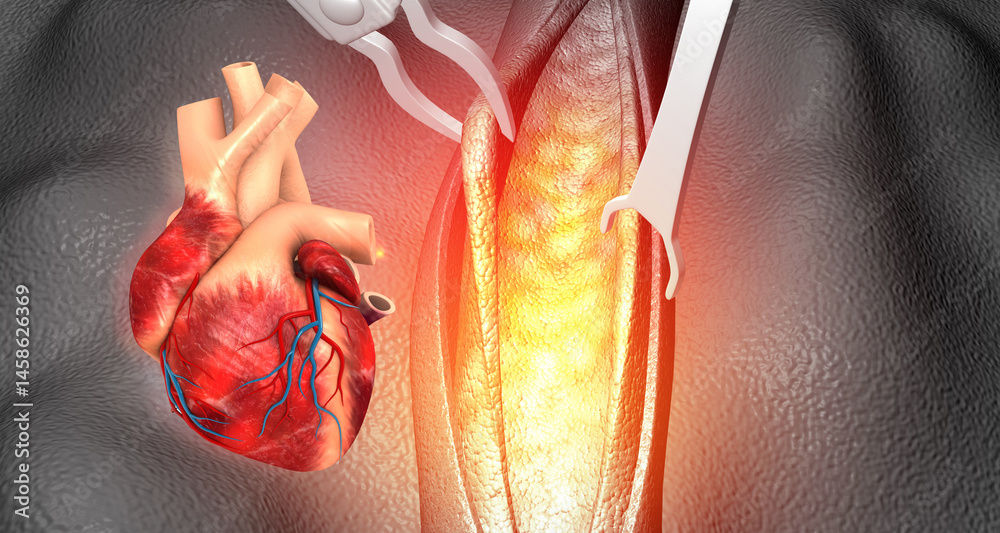Preventing Heart Attacks: Key Strategies
Learn effective strategies to prevent heart attacks, including lifestyle changes, diet tips, exercise routines, and risk factor management to protect your heart health.

_4.webp?tr=q-80,f-webp,w-350,dpr-2,c-at_max 700w)
Introduction
Heart attacks are serious medical emergencies that can be life-threatening. The good news is that many heart attacks can be prevented with the right lifestyle choices and early medical care. If you or a loved one is concerned about heart health, this guide will help you understand the key strategies to reduce the risk.
Understanding Heart Attacks
A heart attack (medically known as a myocardial infarction) occurs when blood flow to a part of the heart is blocked, usually by a blood clot. Without enough oxygen, the heart muscle begins to die, leading to serious complications.
Common Symptoms of a Heart Attack
Chest pain or discomfort (often described as pressure, squeezing, or heaviness)
Pain spreading to the arms, neck, jaw, back, or stomach
Shortness of breath
Cold sweat, nausea, or dizziness
Fatigue or sudden weakness
If you or someone else experiences these symptoms, seek emergency medical help immediately.
Get Apollo Heart Check Panel Here
Key Strategies to Prevent Heart Attacks
Here are some of the ways to prevent a heart attack:
1. Eat a Heart-Healthy Diet
What you eat plays a huge role in heart health. Follow these dietary tips:
Increase fruits and vegetables: They are rich in fibre, vitamins, and antioxidants.
Choose whole grains: Opt for brown rice, whole wheat, oats, and quinoa instead of refined grains.
Limit unhealthy fats: Reduce saturated fats (found in red meat, butter) and avoid trans fats (found in fried and processed foods).
Include healthy fats: Nuts, seeds, olive oil, and fatty fish (like salmon) contain omega-3 fatty acids, which support heart health.
Reduce salt and sugar: Too much salt raises blood pressure, while excess sugar contributes to obesity and diabetes.
Consult Top Specialists for Personalised Tips
2. Stay Physically Active
Regular exercise strengthens the heart and improves circulation. Aim for:
At least 150 minutes of moderate exercise (like brisk walking, cycling, or swimming) per week.
Strength training twice a week to maintain muscle health.
Simple activities like taking the stairs, walking instead of driving short distances, or stretching at your desk can make a difference.
3. Maintain a Healthy Weight
Being overweight increases the risk of high blood pressure, diabetes, and heart disease. If you need to lose weight:
Focus on gradual, sustainable weight loss (1-2 pounds per week).
Combine a balanced diet with regular exercise.
Monitor your waistline—excess belly fat is particularly harmful to heart health.
4. Quit Smoking and Avoid Secondhand Smoke
Smoking damages blood vessels, raises blood pressure, and increases the risk of heart attacks. If you smoke:
Seek help to quit—talk to a doctor about nicotine replacement therapy or support programs.
Avoid secondhand smoke, as it also harms your heart.
5. Limit Alcohol Consumption
Excessive alcohol raises blood pressure and contributes to weight gain. If you drink:
Men: Limit to 2 drinks per day.
Women: Limit to 1 drink per day.
Consider reducing or avoiding alcohol if you have heart disease risk factors.
6. Manage Stress
Chronic stress can lead to high blood pressure and unhealthy habits like overeating or smoking. Try these stress-relief techniques:
Practice deep breathing, meditation, or yoga.
Stay socially connected with friends and family.
Engage in hobbies that relax you, such as reading, gardening, or listening to music.
7. Control Blood Pressure and Cholesterol
High blood pressure and cholesterol silently damage the heart over time. To keep them in check:
Get regular check-ups: Monitor your blood pressure and cholesterol levels.
Take prescribed medications: If your doctor recommends them, follow the treatment plan strictly.
Reduce salt and unhealthy fats: These contribute to high blood pressure and cholesterol.
8. Keep Diabetes Under Control
Diabetes increases the risk of heart disease. If you have diabetes:
Monitor blood sugar levels regularly.
Follow a diabetic-friendly diet and exercise plan.
Take medications as prescribed.
9. Get Enough Sleep
Poor sleep is linked to high blood pressure, obesity, and heart disease. Aim for:
7-9 hours of sleep per night.
A consistent sleep schedule.
Treatment for sleep disorders like sleep apnea, which can strain the heart.
When to See a Doctor?
If you have risk factors for heart disease (such as family history, high blood pressure, diabetes, or obesity), regular check-ups are essential. Early detection and treatment can prevent complications.
If you’re concerned about your heart health, consider scheduling a consultation or preventive screening through Apollo 24|7. Early intervention can save lives!
Conclusion
Preventing a heart attack is possible with the right lifestyle choices and medical care. By eating well, staying active, avoiding smoking, and managing stress, you can significantly reduce your risk. Small changes today can lead to a healthier heart tomorrow.
Take charge of your heart health—because every heartbeat matters!
Consult Top Cardiologists
Consult Top Specialists for Personalised Tips

Dr. Sumanjita Bora
Cardiologist
9 Years • MBBS, PGDCC
Bengaluru
Apollo Clinic, Sarjapur Road, Bengaluru

Dr. Zulkarnain
General Physician
2 Years • MBBS, PGDM, FFM
Bengaluru
PRESTIGE SHANTHINIKETAN - SOCIETY CLINIC, Bengaluru

Dr. Anand Ravi
General Physician
2 Years • MBBS
Bengaluru
PRESTIGE SHANTHINIKETAN - SOCIETY CLINIC, Bengaluru

Dr. Tripti Deb
Cardiologist
40 Years • MBBS, MD, DM, FACC, FESC
Hyderabad
Apollo Hospitals Jubilee Hills, Hyderabad

Dr. Ramalinga Reddy
General Physician
5 Years • MBBS MD General medicine
Bengaluru
PRESTIGE SHANTHINIKETAN - SOCIETY CLINIC, Bengaluru
Consult Top Cardiologists

Dr. Sumanjita Bora
Cardiologist
9 Years • MBBS, PGDCC
Bengaluru
Apollo Clinic, Sarjapur Road, Bengaluru

Dr. Zulkarnain
General Physician
2 Years • MBBS, PGDM, FFM
Bengaluru
PRESTIGE SHANTHINIKETAN - SOCIETY CLINIC, Bengaluru

Dr. Anand Ravi
General Physician
2 Years • MBBS
Bengaluru
PRESTIGE SHANTHINIKETAN - SOCIETY CLINIC, Bengaluru

Dr. Tripti Deb
Cardiologist
40 Years • MBBS, MD, DM, FACC, FESC
Hyderabad
Apollo Hospitals Jubilee Hills, Hyderabad

Dr. Ramalinga Reddy
General Physician
5 Years • MBBS MD General medicine
Bengaluru
PRESTIGE SHANTHINIKETAN - SOCIETY CLINIC, Bengaluru




